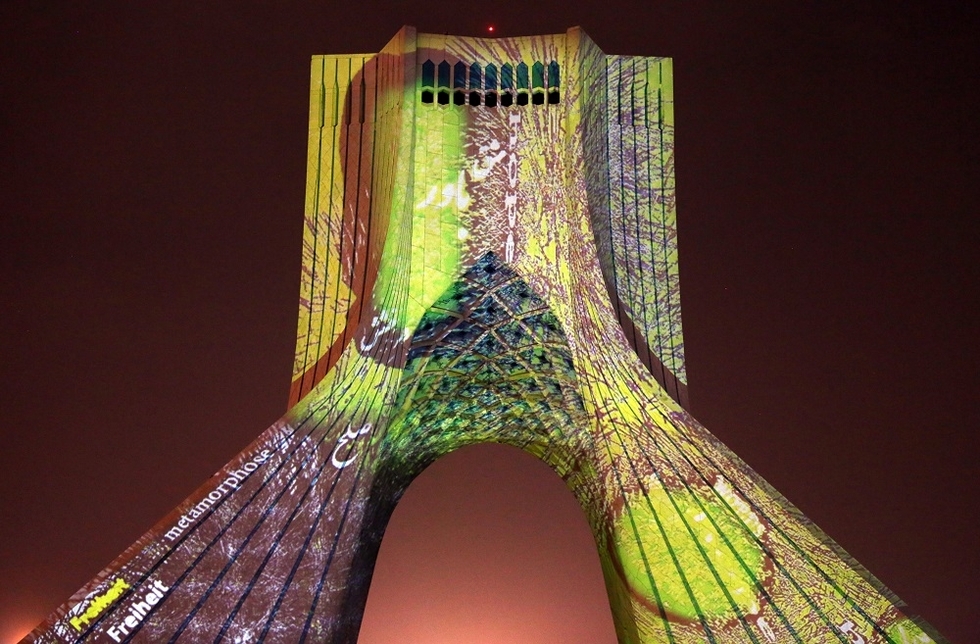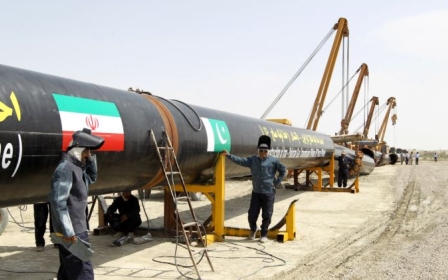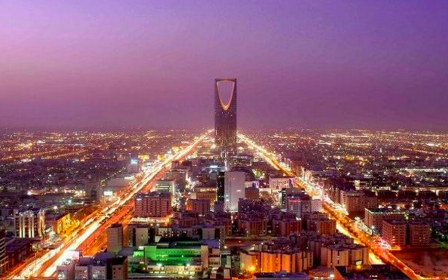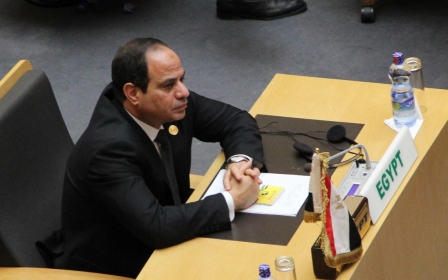IMF: Iran nuclear deal will boost Mideast economy

Iran's landmark nuclear deal will lift economic growth in the war-plagued Middle East next year as the rolling back of sanctions brings a rebound in oil exports, the IMF said on Tuesday.
But the outlook for this year has worsened over the past six months, partly because of the conflicts raging in Yemen and Libya, the International Monetary Fund said in its semi-annual World Economic Outlook.
However, growth in the Middle East and North Africa will "pick up substantially in 2016, supported by accelerated activity in the Islamic Republic of Iran," it said.
"The lifting of sanctions... should allow for a recovery in oil production and exports," it added, while predicting "a gradual improvement in the outlook for countries severely affected by conflicts, such as Iraq, Libya and Yemen".
Regional growth is predicted to slow to 2.3 percent this year, down marginally from from 2.6 percent last year. Next year though, the IMF believes that it will rebound to 3.8 percent in 2016.
Oil exporters, which include the Gulf states, Iran, Iraq, Yemen, Libya and Algeria, account for most of the weakness in growth this year.
"Spillovers from regional conflicts and intensified security and social tensions are weighing on confidence and holding back higher growth," the IMF said.
"Low oil prices are taking a toll on the outlook for oil exporters," it added, projecting oil prices will average $52 a barrel this year.
Iran's economy is set to grow a meagre 0.8 percent this year but expand a healthy 4.4 percent in 2016 following the agreement reached between Tehran and major powers in July.
The deal seeks to curb Tehran's nuclear programme in exchange for the lifting of international sanctions.
"Without sanctions, the Islamic Republic of Iran is expected to increase its capacity to 500,000 to 800,000 barrels a day within two years," IMF said.
Another bright spot for next year is Iraq, OPEC's second largest crude exporter, which is expected to see a 7.1 percent expansion, following zero growth this year.
OPEC kingpin Saudi Arabia, the largest economy in the region, is forecast to grow by 3.4 percent this year followed by 2.2 percent next year, the IMF said.
The economy of impoverished Yemen, where pro-government troops backed by an Arab coalition are battling rebels who control large parts of the country, is expected to expand 11.6 percent in 2016 after a 28.1 percent crash this year.
New MEE newsletter: Jerusalem Dispatch
Sign up to get the latest insights and analysis on Israel-Palestine, alongside Turkey Unpacked and other MEE newsletters
Middle East Eye delivers independent and unrivalled coverage and analysis of the Middle East, North Africa and beyond. To learn more about republishing this content and the associated fees, please fill out this form. More about MEE can be found here.




